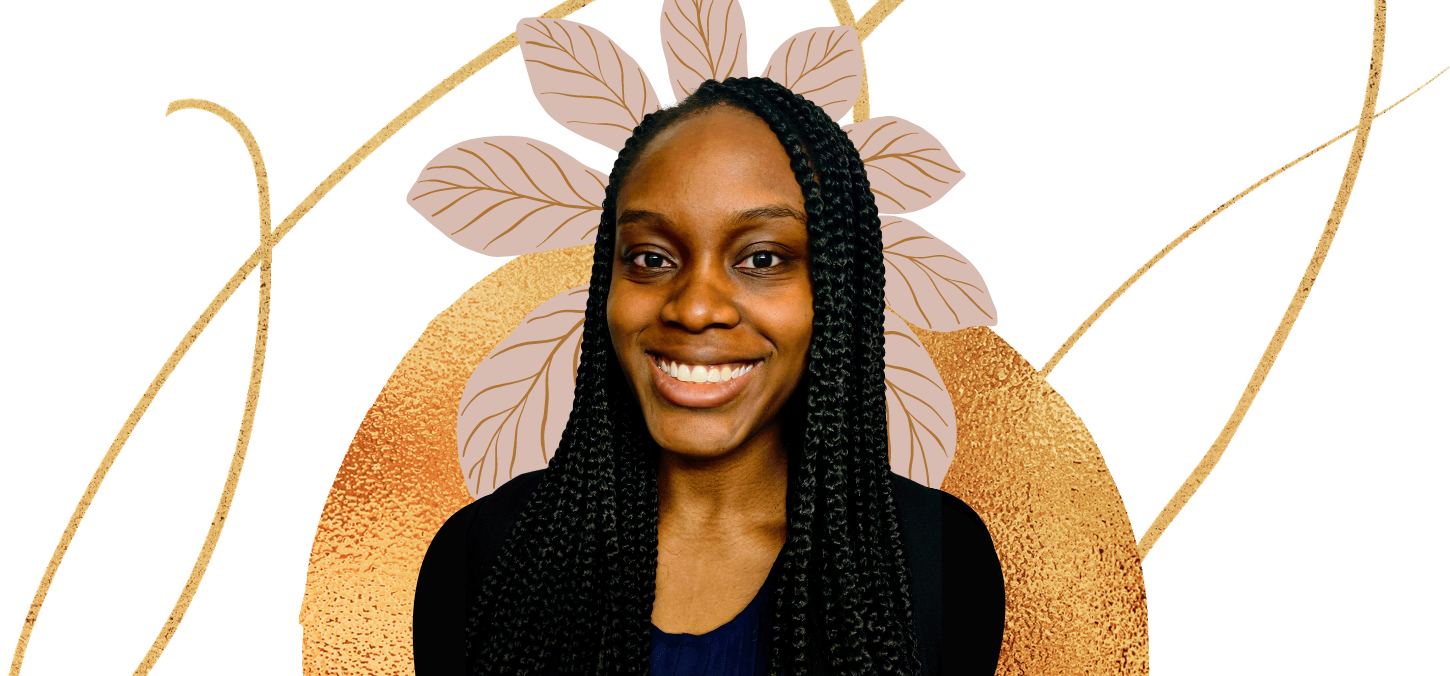
What Black History Month means to me
By Marsha Malcolm
Every February, many non-Black people reflect on the painful history and powerful triumphs that have led Black people to where we are today. But as a Black woman, every day for me is Black History Month.
I am forever thankful for the sacrifices made by those who came before me. The sacrifice that has had the greatest impact on my life was my mom leaving the warm, sun-dappled shores of Jamaica in search of a better life for herself and her young daughter. I often wonder if I would have had the courage to move to a new country of mostly white strangers with a toddler in tow. Though it seemed cold and unknowable, Canada also represented to us something similar to what souls escaping via the Underground Railroad must have been hoping to find there: safety and prosperity.
My mom built a good life for us and though we did not have much at first, it was enough. We acclimated to the cold, Canadian winters and enjoyed how the hot, hazy summers reminded us of our island home. I entered daycare and kindergarten with a newfound ability to read, the product of a love for learning instilled in me by my mom. Eventually, she was able to save enough in order to sponsor my grandfather to join us, and then my dad after him. My grandfather was my first babysitter and took spoiling his first grandchild very seriously. Looking back, I know it must have been extremely hard for him to uproot his life just for us but I am so thankful that he did. The sacrifices of my family gave me the chance to seek more opportunities as a first-generation immigrant.
I can still vividly remember how my hands shook in anticipation as I opened my acceptance package from U of T. University was the next step for me, one that my parents had forgone themselves in order to work and provide the things that my siblings and I needed. My four years at U of T were filled with growth, discovery and, of course, learning. I made lifelong friends and found a partner who still makes me laugh and smile as much as he did when we met in undergrad. I loved my time at U of T but I could not help but notice how it was not unusual for me to be the only Black student in a class. It was hard sometimes to ignore my doubts and remember that I belonged there just as much as anyone else did. Imposter syndrome is especially insidious when your dark skin singles you out as “other.”
As an alumna, I am heartened to see the steps U of T is taking to address anti-Black racism. As a staff member of the U of T Faculty of Dentistry, I am thankful to work with a team committed to equity, diversity and inclusion as we help advance oral and overall health. My hope for all of the first-generation immigrants who come after me is that they enter a campus that actively welcomes them, rather than one that silently accepts them. The summer of 2020 and the Black Lives Matter movement have made it obvious to everyone else what people like me have always known: racism is a clear and present danger to the Black community. This is as true in Canada as it is in the United States — we cannot be so quick to downplay the problems at home simply because the problems south of the border have become unignorably horrific.
None of us should look away and we all have a responsibility to unlearn biases, challenge stereotypes and move beyond tolerance to acceptance. A world without racism will always remain a dream unless we take action in order to make it a reality.